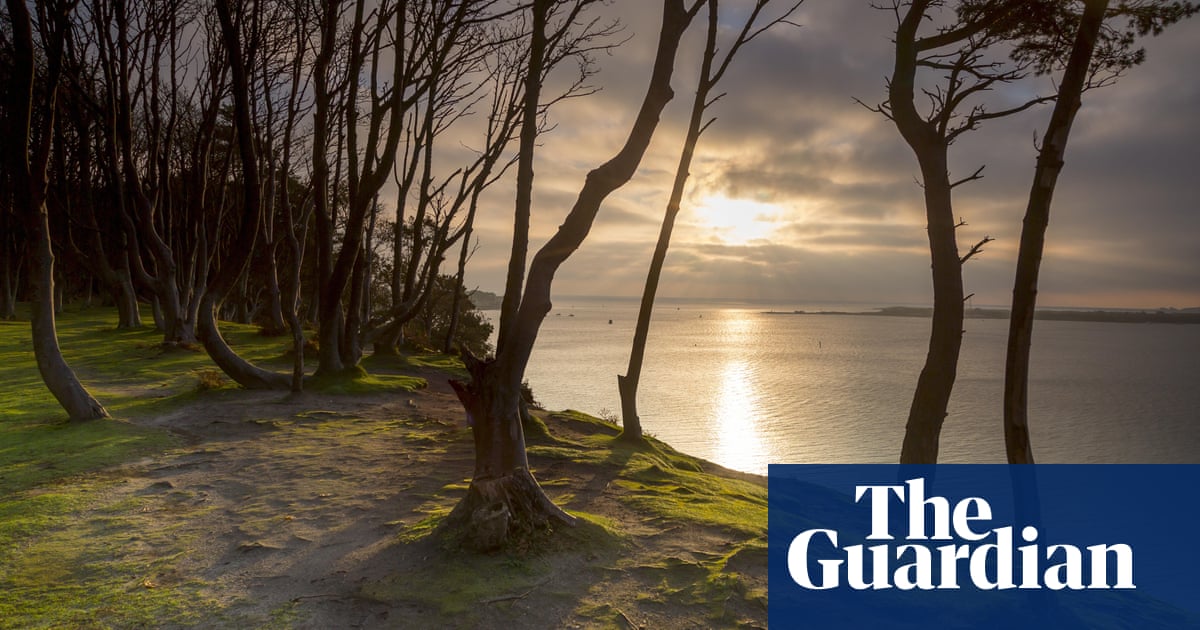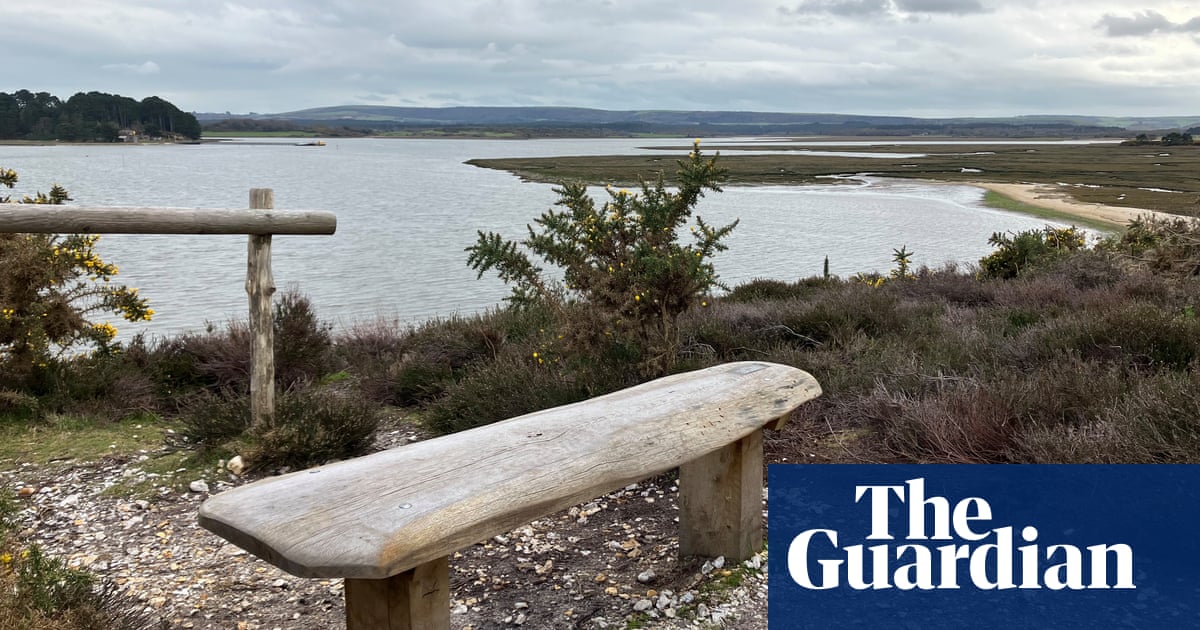
Oil from the Perenco pipeline leak in Poole harbour has washed up on the shores of Brownsea Island, an internationally important wetland and marine conservation zone.
Nearly 200 barrels of reservoir fluid – a brine mixture that is about 15% oil – leaked into the waters of Ower Bay on Sunday from the pipeline sparking a major incident and urgent clean-up operation.
On Tuesday, Poole Harbour Commissioners (PHC), the independent regulator for the body of water, said the clean up and assessment had covered 36 miles (58km) of shoreline by helicopter, drones, boat and shore patrols.
While oil continues to dissipate, PHC said some had come ashore and it was in the process of clearing up as and when recorded.
The National Trust on Tuesday said it remained “seriously concerned” after oil was discovered on the west and north shores of Brownsea Island, the largest island in Poole harbour and a rich mix of ecosystems including a brackish lagoon, woodland, salt marsh, reedbed and two freshwater lakes.
The island, recognised as the birthplace of scouting, is one of the few places in southern England where indigenous red squirrels survive, largely because non-native grey squirrels have never been introduced to the island. The entire island is designated a protected site of special scientific interest.
The National Trust said: “A thin film of oil was located on parts of the west and north shores of Brownsea Island earlier today. This was dealt with immediately by the authorities, and we continue to support however we can.
“Brownsea Island is a part of an internationally important wetland and marine conservation zone, and is a haven for wildlife, including oystercatchers and sandwich terns.
“We remain seriously concerned about the impacts of the spill on wildlife populations and the varied habitats they depend on. We’re carefully monitoring the situation.”
The RSPB, which maintains more than 250 hectares (600 acres) of the Arne peninsula on the western shore of the harbour, said 30 birds had already been identified as contaminated.
The UK conservation organisation the Game & Wildlife Conservation Trust (GWCT) also raised serious concerns over the impact of the leak on protected migratory fish.
The spill coincides with the start of the sea-bound migration of vulnerable young Atlantic salmon and sea trout from the Frome and Piddle rivers, which flow directly through Poole harbour, the GWCT said.
Dylan Roberts, head of fisheries at GWCT, said: “During their migration through estuaries, they are at a crucial and highly sensitive stage of their life cycle as their bodies adjust to transferring from living in rivers to sea water. We are extremely concerned that these increasingly rare young fish, may perish in the polluted waters.”











